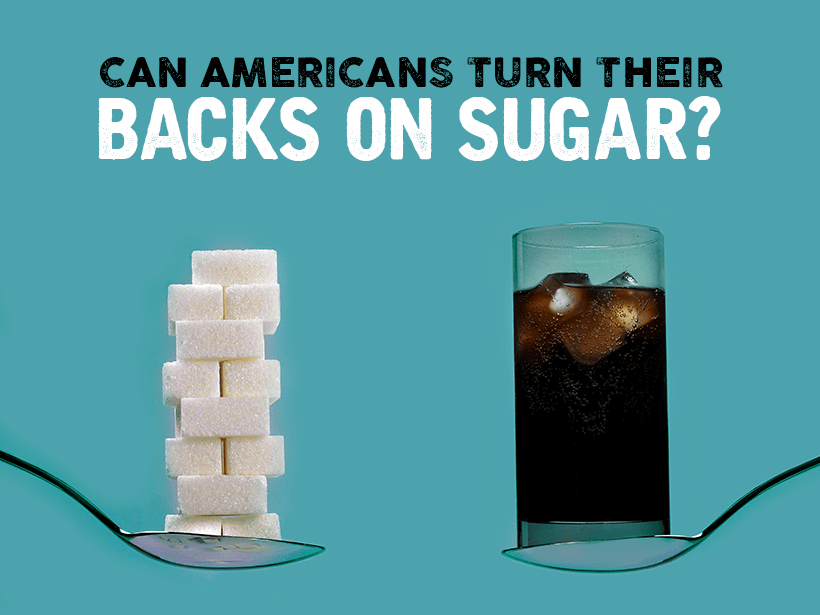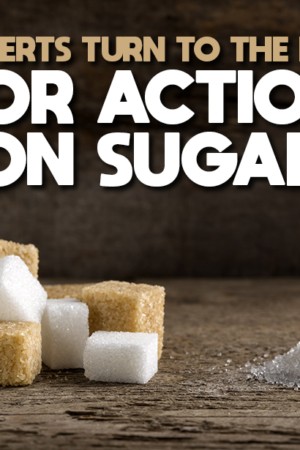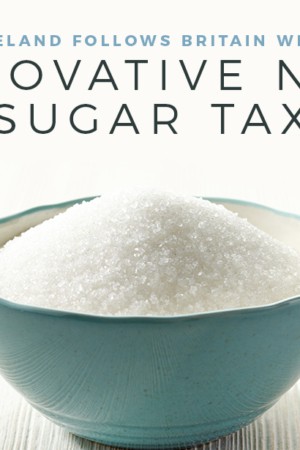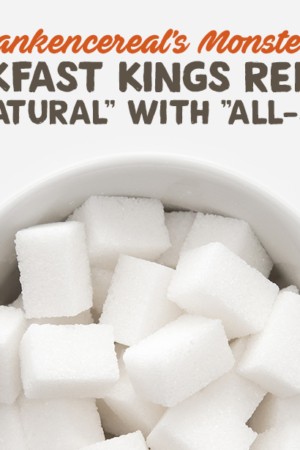However reluctantly, it seems the U.S. public is finally beginning to acknowledge the sugary diet at the core of its obesity epidemic. Faced with unsustainably high rates of overweight and obese people, federal agencies have been slow to react, and local regulations and sugar taxes have been few and far between. Out of necessity, people are turning to their food labels and sounding out the processed ingredients and shockingly high quantities of added sugar in their food. Although a major shift in diet has yet to occur, a public cut in sugar consumption is emerging as possible – and that’s a start.
A Public Sees Its Sugar Problem
Speakers at the International Sweetener Colloquium in February said that the turn away from sugar “is here to stay and will only increase.”1 Polls presented to the same audience showed that 58 percent of consumers in the U.S. were trying to avoid sugar, and over half of them doing so specifically because of weight concerns. The conclusions drawn from these surveys were that sugar and Splenda purchases are expected to decline in the next year.
Evidence backs up these predictions. Raw sugar hit an eight-month low on the stock market at the end of February, and investors predict an approaching sugar surplus.2 Those expecting a shift to alternative sweeteners will be surprised, however, as overall sales of non-sugar alternatives fell 6 percent in 2017.3 Data collected from Google likewise showed an increase in searches for “added sugar,” around the time that the FDA was preparing to add that distinction on its new Nutrition Facts labels, which take effect this summer. Everyone is recognizing a change, it seems; Coca-Cola is shifting resources to its teas, coffees, and other low-calorie drinks as consumers move steadily away from soda.4
Lagging Policy
Soda sales, in particular, have been in decline for over a decade, a trend that has been ushered along by a series of recent taxes in cities across in the country.5 The industry spent 40 million dollars in six cities combating soda taxes in 2016 and lost. However productive, if slow to gain traction, soda taxes are only the tip of the iceberg when it comes to government policy catching up with the public. The U.S. shift away from sugar is tentative, to be sure, but it’s there and waiting for responsible legislation to complement it. Indeed, a country this obese and unhealthy can only turn a blind eye for so long.
NUTRITIONAL DISCLAIMER
The content on this website should not be taken as medical advice and you should ALWAYS consult with your doctor before starting any diet or exercise program. We provide nutritional data for our recipes as a courtesy to our readers. We use Total Keto Diet app software to calculate the nutrition and we remove fiber and sugar alcohols, like erythritol, from the total carbohydrate count to get to the net carb count, as they do not affect your blood glucose levels. You should independently calculate nutritional information on your own and not rely on our data. The website or content herein is not intended to cure, prevent, diagnose or treat any disease. This website shall not be liable for adverse reactions or any other outcome resulting from the use of recipes or recommendations on the Website or actions you take as a result. Any action you take is strictly at your own risk.
- For Keto, the Everyday Research Says it All - March 6, 2019
- Huge Harvard Study Backs Up the Wide-Ranging Benefits of a Low-Carb Diet - February 25, 2019
- Experts Convene for Keto Conference - July 30, 2018




